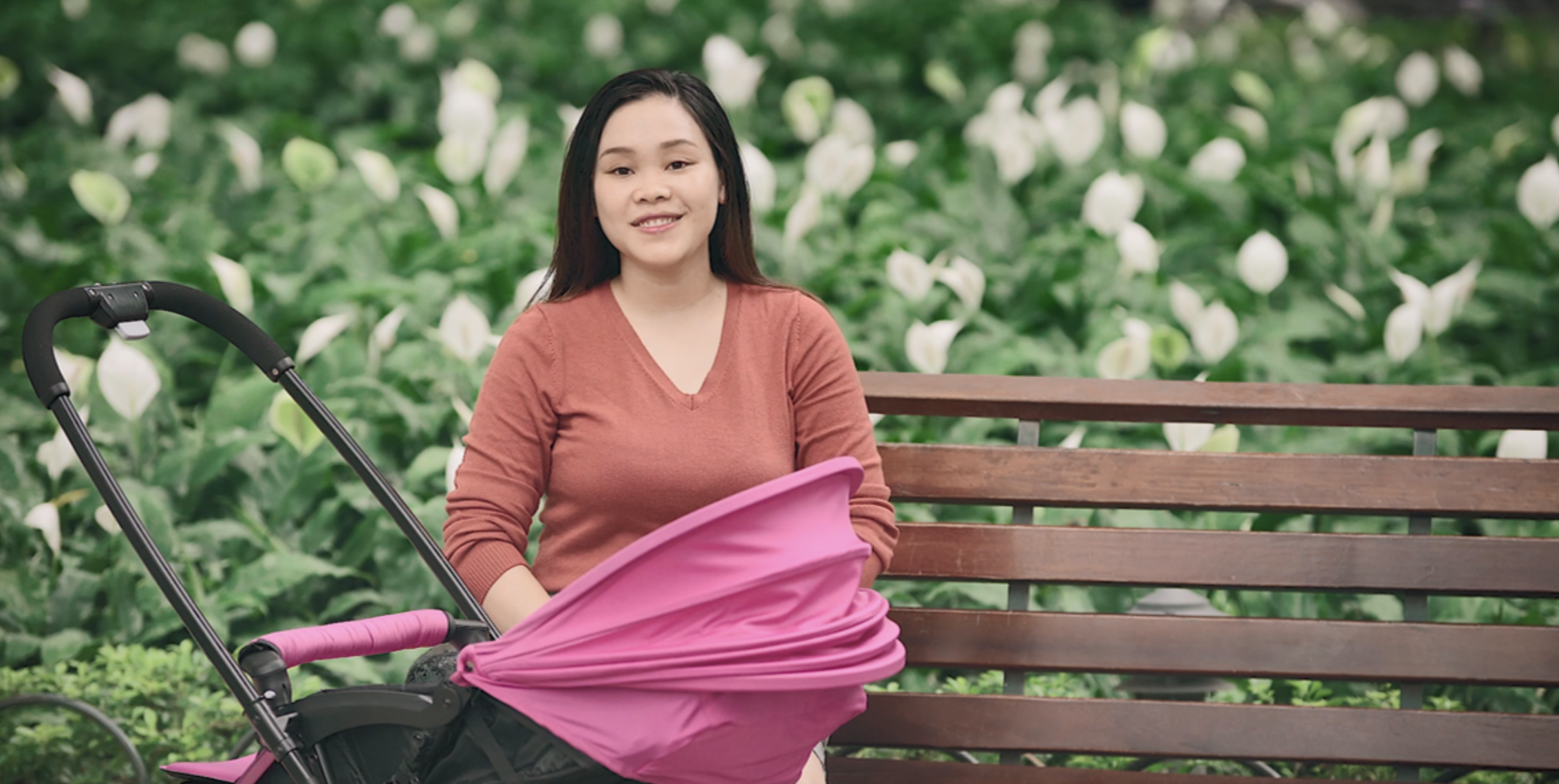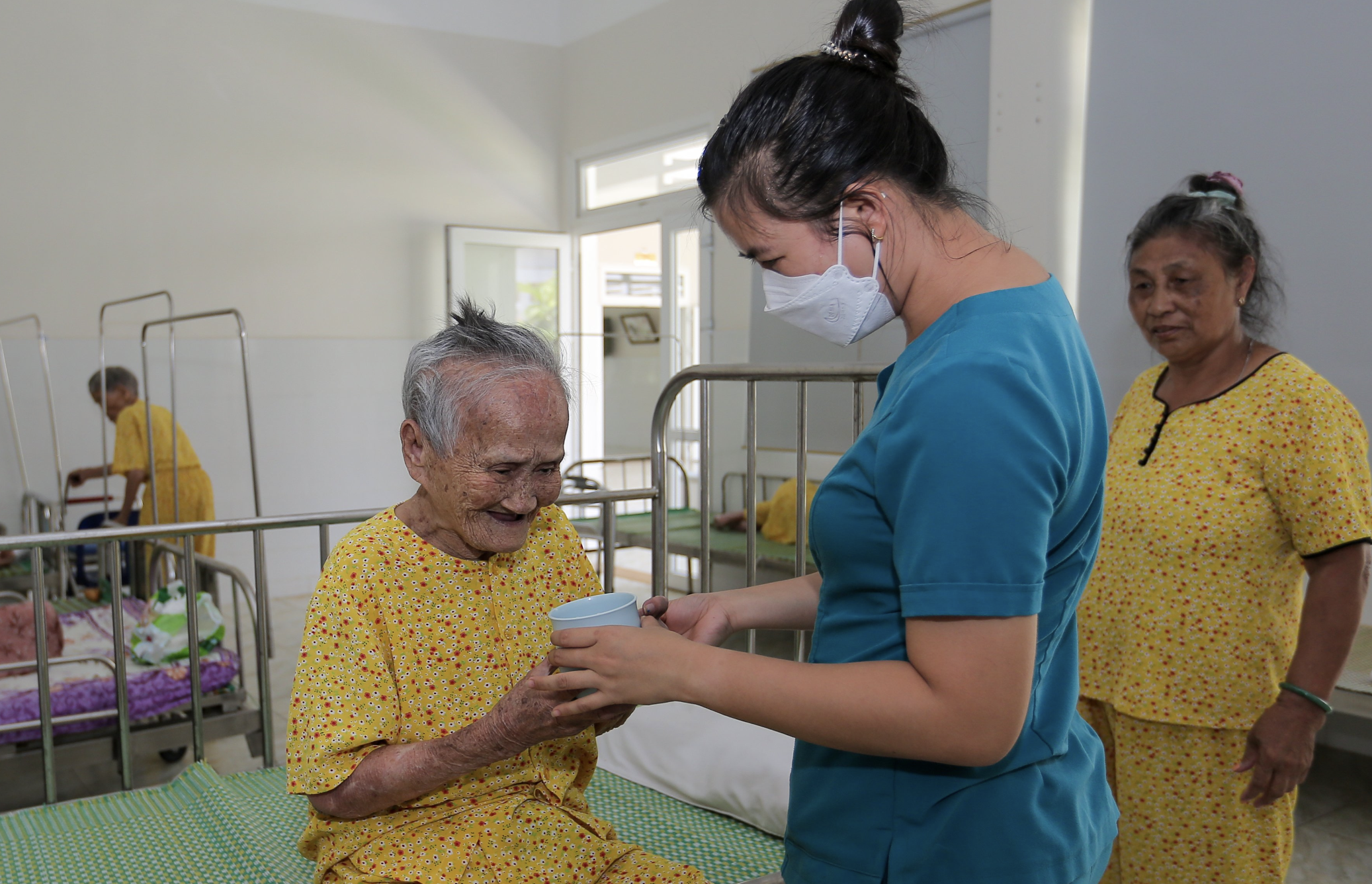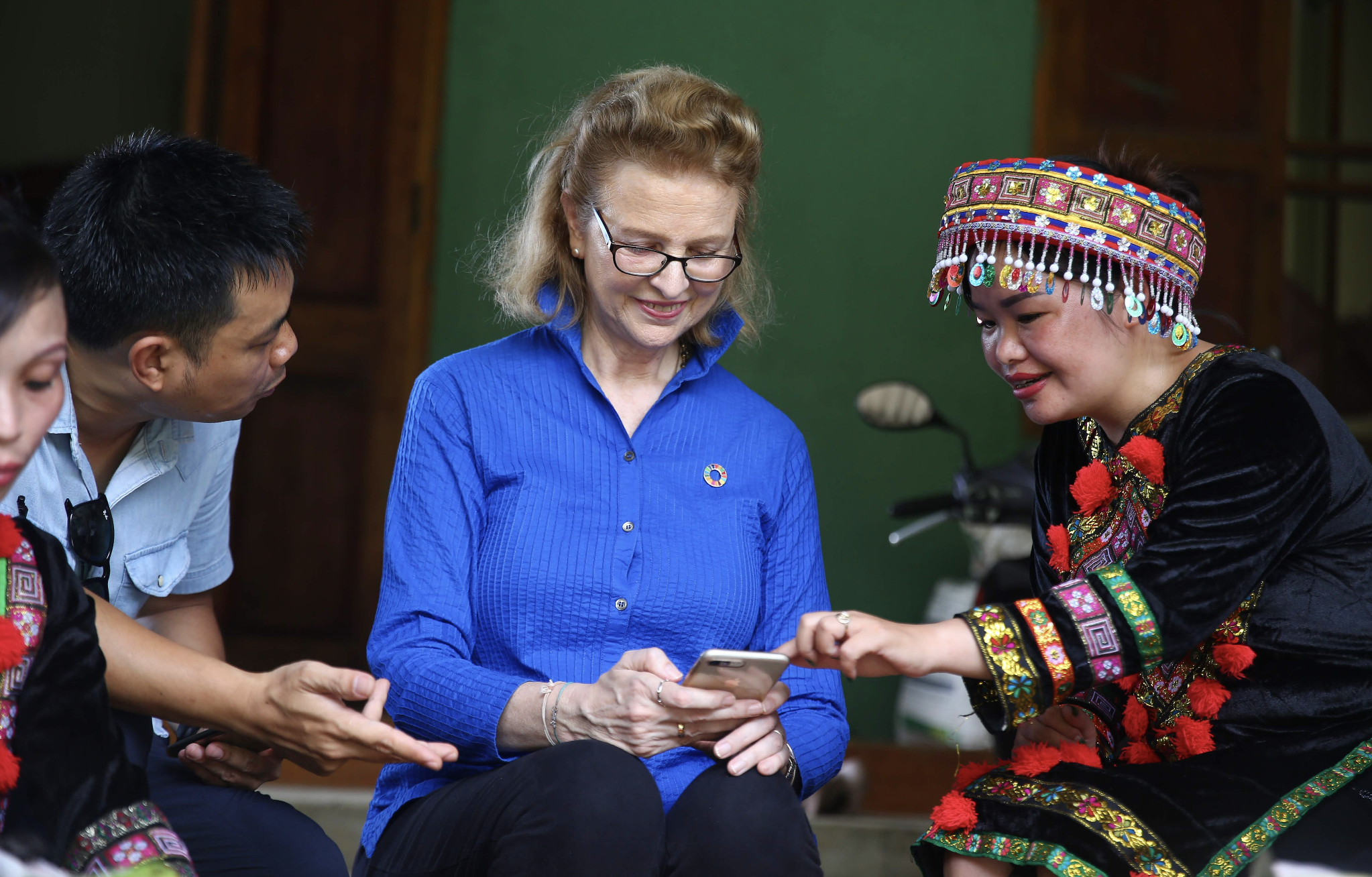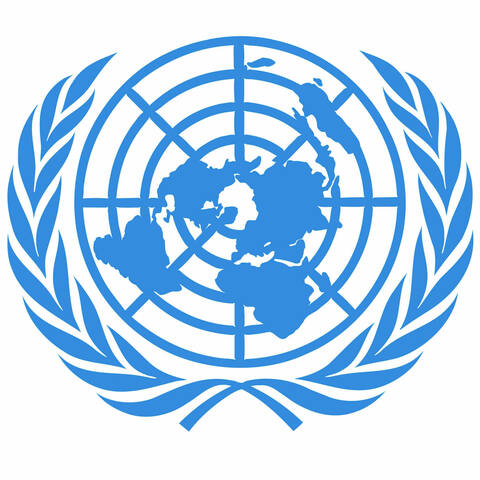Nearly 33 million most vulnerable people, of which 48% were women and girls, have received better social protection with a life-cycle, gender-sensitive and shock-responsive approach through the United Nations Joint Programme from the Joint Sustainable Development Goals (SDG) Fund.
Four UN agencies: the International Labour Organisation (ILO), the United Nations Development Programme (UNDP), the United Nations Children’s Fund (UNICEF) and the United Nations Population Fund (UNFPA) jointly worked with Viet Nam’s Ministry of Labour, Invalid and Social Affairs (MOLISA), the government implementing partner, to support the reform of the social protection system and to assist the most vulnerable and marginalised groups in Viet Nam.
The UN Joint Programme in Viet Nam: Accelerating Viet Nam’s Transition towards Inclusive and Integrated Social Protection was implemented when the COVID-19 pandemic hit Vietnam, impacting the country’s economic well-being and quality of life of the population, especially its most vulnerable groups. After 29 months (January 2020 – May 2022), the Joint Programme achieved significant results.
Better social protection system
A rights-based, inclusive multi-sectoral protection system using a life-cycle approach was introduced into the country’s social protection system, with a new Decree, approved by the Prime Minister in March 2021, increasing social protection coverage and an inter-sectoral protocol for addressing violence against children developed.
“My name is Vu Thu Thao. I’m 25 years old. I’m on my maternal leave. Currently, my daughter is 4 months old. I’m very happy to see my daughter is growing day after day. I don’t have any pressure now because I get social insurance and my baby is entitled to go to see the doctor free-of-charge,” said Ms Vu Thu Thao.

As a result, an estimated 3.2 million children received new child benefits through social insurance and social assistance schemes. In addition, 600,000 pregnant women (estimated annually) have legal access to paid maternity leave through a new voluntary social insurance scheme. Furthermore, some 1.9 million men and women aged 75-80 years old in poor, mountainous island areas received a higher pension from July 2021, while one million people with disabilities received social assistance.
New model: Integrated care for older persons
MOLISA piloted the model with technical support from UNFPA to ensure uninterrupted quality care for older persons in COVID-19 and the new normal context.
“Our care staff were trained to improve their skills on how to care and what to support every older person. We also learnt that older persons need not only health care but also social and mental health care. This is to ensure social inclusion, better health status and assistance in the daily living of older persons,” said Mr. Nguyen Cong Thanh, Director of the Social Protection Centre – Da Nang.

After six months of piloting, the model has developed a complete set of guidelines, including Standard Operating Procedures, for future replication and a computer-based care management system integrated with the comprehensive social protection database. One thousand five hundred older persons were provided with a screening of care needs and individual care plans. In addition, more than 1,000 staff of social protection and social work centres and home-caregivers of older persons were trained to provide better quality care.
Digital transformation
Another significant result is the modernisation of the administrative processes and acceleration of the digital transformation of the management and delivery of social protection services, including their monitoring and evaluation.
“With e-payment, we (people living in remote and difficult areas) could get full benefits safely without being charged for money withdrawal, instead of spending time [and even money] to get cash as before,” said a local beneficiary.

A real-time data analysis of COVID-19’s impacts on vulnerable people for timely policy action was carried out, thus identifying multiple gender gaps and vulnerabilities of ageing and informality for gender-responsive social protection.
UNDP’s initiative of E-payment supports the most vulnerable groups, especially women from the ethnic minorities affected by COVID-19 in Bac Kan and Dak Nong provinces. Some 1400 women received post-COVID financial support of VND 2.3 million/household.
Shock-responsive approach
The Joint Programme supported the government in providing immediate assistance to those in need. Policy on the eligibility and access criteria to emergency assistance to include vulnerable, hard-to-reach populations, such as informal migrant labourers, has been simplified. In 2021, these changes helped ensure that COVID-19 support funds reached more than 32.7 million people. The COVID-19 pandemic also provided the opportunity to repurpose the social protection system to respond to variant shocks and act as a stabiliser to prevent people from falling into poverty due to other large-scale crises, such as natural disasters.
Towards an inclusive and integrated social protection system, leaving no one behind
In the long-term, the Joint Programme’s social protection reforms could, by 2030, contribute to reaching several targets, namely: 60% of workers participating in the social Insurance system, 100% of Vietnamese children benefiting from social protection, 100% of women having access to paid maternity leave, 60% of older persons having pensions and an additional 2 million persons with disabilities receiving assistance.
As we advance, we will need to redouble our efforts and commitments to accelerate the achievement of sustainable development goals as we recover from COVID-19 and the long-term universal targeting for inclusive and integrated social protection.




















